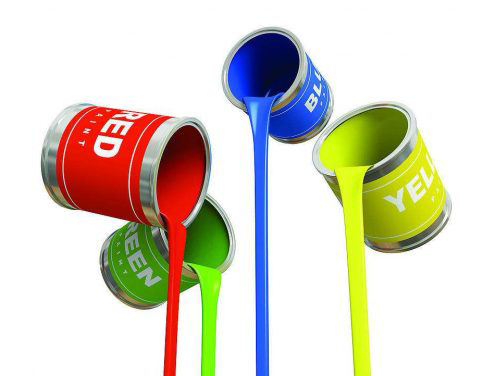Time April 30-May 2,2024. Booth no.2876 Welcome to the American Coatings Show 2024 , which will be held at the Indiana Convention Center.
On 05 March 2024, HENGDA chemical Participation the exhibitions of JEC WORLD at Paris Nord Villepinte France, which the The world's oldest and largest composites exhibition.
Qingdao Hengda participated in 2023 China International Coatings Exhibition, Booth No. E6.B06, and achieved very good publicity effect and established contact with many customers.


